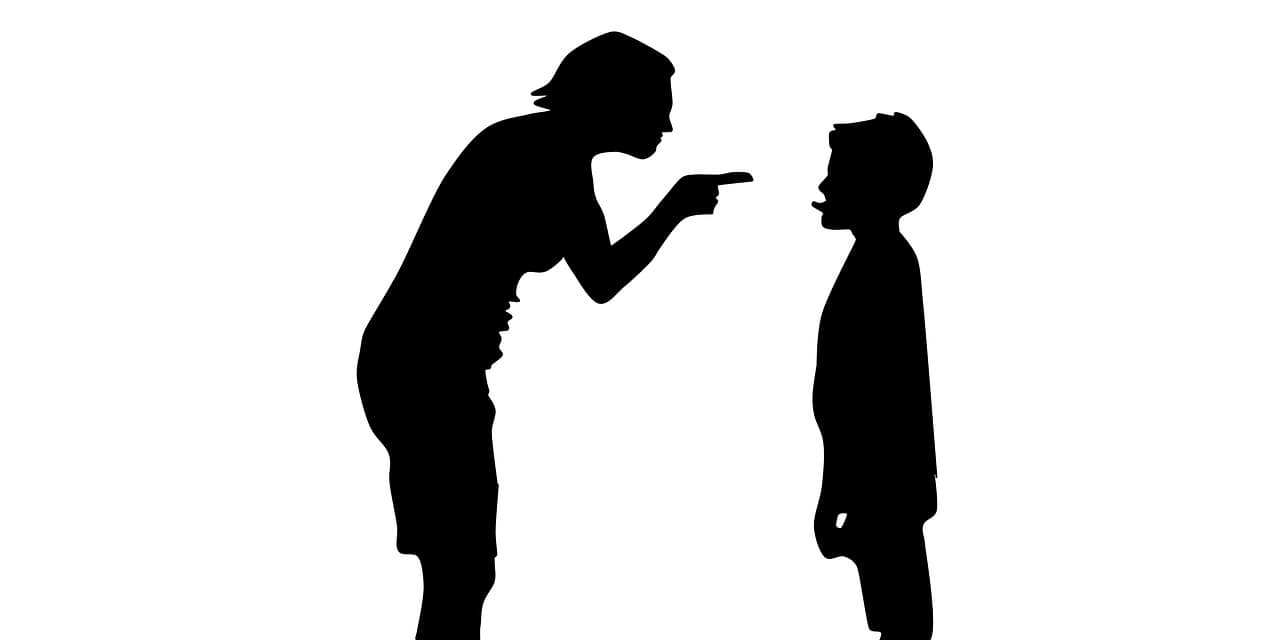Don’t Punish Disobedient Students!

Is negative discipline the best way to get naughty students to behave? Here’s why punishment might not work as you expect it to, and an investigation into better ways for fixing disorderly behaviour in the classroom.
Does punishment make bad behaviour worse?
Most of us grew up in a school system that punished badly behaved students with timeouts, detentions, suspensions and so on, but what if I told you that all those extra hours spent in punishment just made bad behaviour worse?
Recent psychological studies suggest that, rather than resolve student’s behavioural problems, these traditional disciplinary methods actually intensify them by removing the motivational factors that encourage children to better themselves and alienating the students from their schools.
It’s a question of external control forced upon a child by a teacher in order to find peace in the classroom versus teaching a child to learn and to want to learn self-control, an essential skill in many areas of life. The data backs this up: a 2021 study by the American Institute for Research concluded that school suspensions had a negative impact on students’ future behaviour and that these students were more likely to be suspended in the future.
What causes outbursts?
Student-behaviour specialist Ross Greene, author of “The Explosive Child” and “Lost at School,” now trains schools using a Collaborative and Proactive Solutions model. The model is based on hundreds of contemporary research studies which demonstrate that students who respond poorly to issues often lack the skills to respond in more appropriate ways. Children with diagnosed behavioural problems for example, attention-deficit or hyperactivity disorder are unable to respond or relate appropriately to others because they lack the skillset to do so.
So rather than treating a student as if they don’t want to behave well and punishing them for their “choice”, we should have empathy for their lack of skillset, potential behavioural disorder (often a result of trauma) and look to better ways to help them.
Based on the neuroscience understanding that huge behavioural outbursts (kicking, screaming etc) are a stress response to the subconscious need to feel safe and that causes of poor behaviour come from a lack of skills in four main areas: flexibility and adaptability, frustration tolerance, emotional regulation and problem-solving skills, we can start to deduce better methods of correction.
What are the best approaches to correcting bad behaviour in young students?
- Demonstrate empathy for what the child is going through
- Figure out the reason for the outburst through engagement. Ask questions to find out why the child feels unable to sit and work.
- Share your perspective as a teacher / adult after understanding the student’s point of view
- Schools can focus on the expectations that students are having trouble meeting and try to solve those problems
- Assistant teachers can be very useful when one-to-one engagement is needed with a disorderly pupil during a class with other students
The ultimate goal is to find the root of the problem and make necessary adjustments rather than punishing a child for the way their brain may be wired.